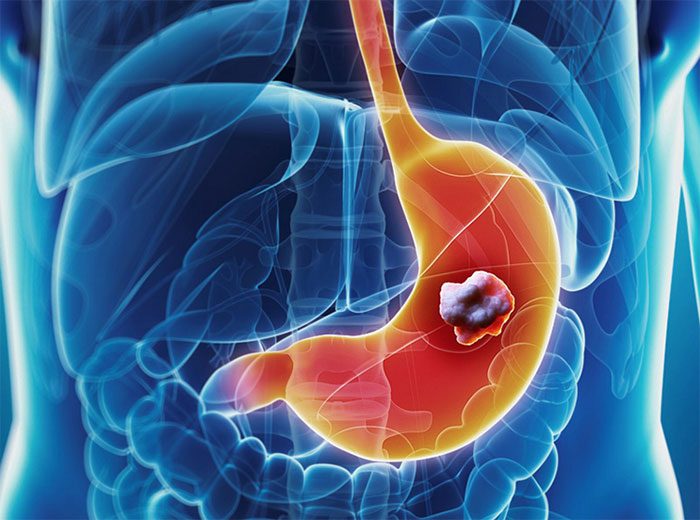Liver, breast, stomach, intestinal, and nasopharyngeal cancers have the highest hereditary potential and should be monitored if there is a family history of these diseases.
1. Liver Cancer
If parents have liver cancer, their children should consider early preventive measures. Typically, vertical transmission of Hepatitis B virus significantly increases the risk of liver cancer within families.
If there is a family member with liver cancer, other members should undergo liver function tests, and any sudden weight loss should prompt immediate medical attention. Patients should also refrain from smoking and consuming alcohol to reduce the intake of harmful substances and prevent further liver damage.
2. Breast Cancer
Breast cancer is a prevalent disease among women and has a certain degree of hereditary nature. The genetic predisposition for breast cancer is relatively clear, especially among close family members.
If there is a breast cancer patient in the family, children should undergo check-ups and monitoring until the age of 30. If a lump is detected in the breast, timely consultation with a doctor is essential.
Early-stage breast cancer can be screened using mammograms, ultrasound, and MRI. It’s important to note that if an older individual in the family has breast cancer, it is likely that only one family member is affected, which should not lead to excessive worry.
3. Stomach Cancer

The initial symptoms of this type of cancer are not very clear.
Stomach cancer has a hereditary nature, with a genetic transmission rate of 5% to 10%. The early symptoms of this cancer are often vague, so family members with a history of the disease should undergo regular gastroscopy. Family members can also increase their intake of fruits and vegetables to supplement essential vitamins and prevent the formation of carcinogenic substances.
Furthermore, if at least two people in a family from one or two generations have stomach cancer, especially if one is under 50 years old, hereditary stomach cancer should be considered. To reduce the risk of the disease, attention should be paid to diet and maintaining stomach health.
4. Intestinal Cancer
According to research data, 20% to 30% of intestinal cancer patients have a family history. Moreover, intestinal cancer is one of the most dangerous cancers after the age of 45. Individuals with a family history should undergo check-ups every two years.
About 50% of patients begin developing polyps in the large intestine between the ages of 10 and 15. If not intervened in time, there is a 100% progression to colorectal cancer.
Additionally, studies show that individuals who prefer meat and protein-rich foods have an increased risk of colorectal cancer. The most important preventive measure for colorectal cancer is to modify a diet high in fat and protein while low in fiber, along with maintaining an active exercise routine.
5. Nasopharyngeal Carcinoma
The hereditary nature of nasopharyngeal carcinoma is relatively clear, and the familial transmission trend is quite high. If there is a family history of the disease, regular check-ups at a hospital are necessary to facilitate early warning measures to prevent cancer.
In terms of diet, certain complex foods such as pickled vegetables should be avoided. Fermented foods can lead to a disease incidence rate five times higher. If there are unexplained neck lymph nodes, timely consultation with a throat specialist is crucial.
In conclusion, in addition to the cancers mentioned that are highly hereditary, other cancers such as uterine and ovarian cancers are also linked to genetic factors. Therefore, individuals with a family history of related diseases should be particularly cautious.
Apart from genetic factors, the onset of cancer is closely related to lifestyle and emotional well-being. Besides intervention, early detection, and prevention, to avoid cancer, one should maintain a healthy lifestyle and exercise regularly. Those with a family history of cancer should undergo regular cancer screenings.



















































